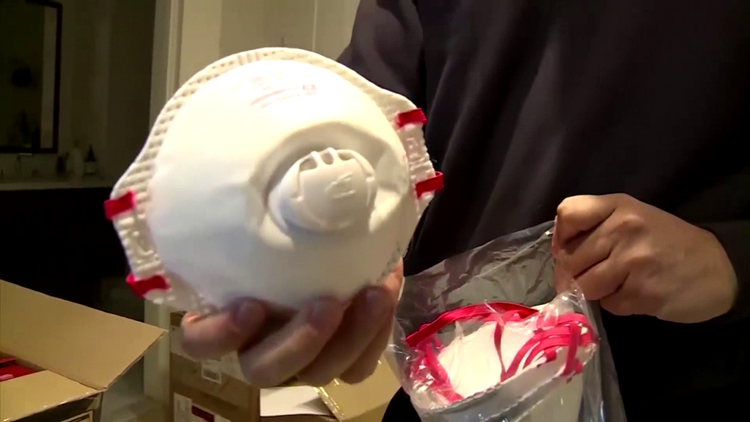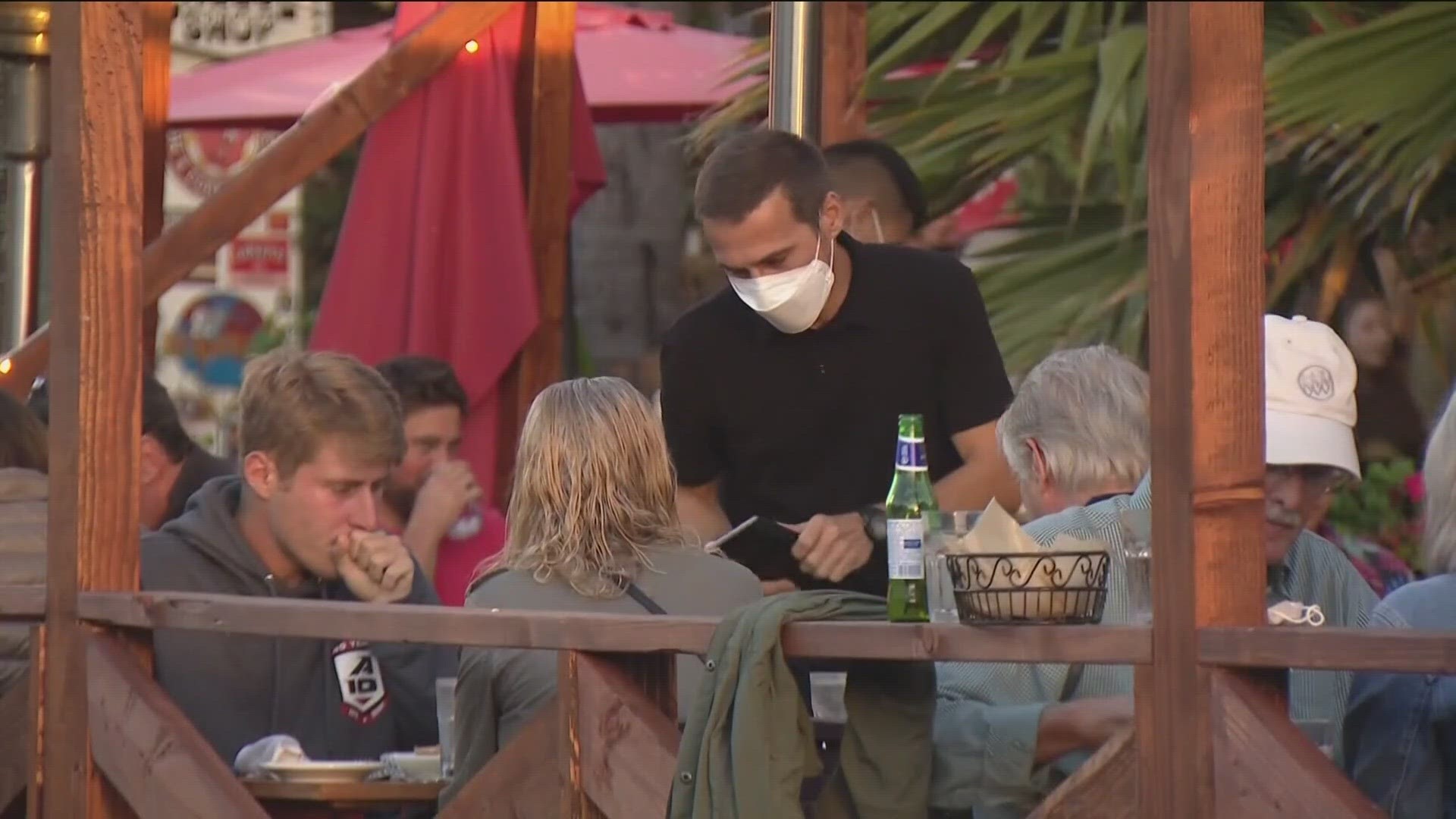SAN DIEGO — Sharp HealthCare is launching a personal protective equipment (PPE) drive this Wednesday, the healthcare group announced Monday. The Chief Supply Chain Officer for Sharp, Kevin Thompson, said the drive is in response to the need for additional PPE in hospitals and clinics.
Drive-up donations of PPE and other supplies can be made Wednesday at various Sharp HealthCare locations.
A statement from the healthcare provider read in part:
"As we follow current guidance for infection control and prevention as outlined in our March 20 memo, we are optimizing our use of PPE to ensure we have an adequate supply for our health care workers caring for patients with suspected or confirmed communicable diseases, including COVID-19.
In addition, Sharp is planning ahead to help ensure our supplies and equipment remain at optimal levels respite global PPE inventory issues and uncertainty around the duration of the outbreak. The donation collection is part of that effort."
See below for more details on the drive:
Drive-Up Donation Locations
Sharp HealthCare, 4000 Ruffin Road, San Diego
Sharp Coronado Hospital, 250 Prospect Place, Coronado
Sharp Grossmont Hospital, Brier Patch Campus, 9000 Wakarusa St., La Mesa
Sharp Chula Vista Medical Center, 751 Medical Center Court, Chula Vista
Hours of Operation
Monday to Friday, 9 am to 4 pm (Brier Patch, 7:30 am to 4 pm, M-F only)
Saturday, noon to 4 pm
New or Unused Products to Donate
- Disposable face masks
- N95 masks, sometimes called respirators
- Eye protection including face shields and safety goggles
- Disposable gowns
- Disposable gloves, especially non-latex
- Disposable surgical caps
- Disposable foot covers
- Wipes: bleach or antimicrobial
- Hand sanitizer (at least 60% alcohol)
- Infrared thermometers
Specialized Items to Donate
- PAPRs (powered air-purifying respirators) and PAPR hoods
- Nasal testing swabs
- Viral testing kits
What Not to Donate
- At this time Sharp is not accepting hand-sewn reusable masks or 3-D printed ventilator parts.
- Donations of other items such as medications, food, blankets, medical equipment or other supplies are not needed at this time. If that changes, an announcement will be made.
How to Donate
- Donations can be dropped off at any of the locations listed above.
- Donors will be directed into and out of the donation location.
- Donors will not need to get out of their cars if they prefer not to.
- Staff will maintain safe physical distance from donors, and will wear gloves and regularly clean their hands.
- Donors will be asked to provide basic contact information and may request a receipt for their records
- Donation sites can accommodate donations of all sizes.
Please note that donors who are not feeling well should wait until they are feeling better before they travel to a drive-up donation location.
RELATED: San Diego converts Golden Hall to homeless shelter, prepares for increase in coronavirus cases
RELATED: San Diego mayor closes city beaches, parks, trails, lakes and more amid coronavirus concerns
NEWS 8 joined forces with The San Diego Foundation to raise IMMEDIATE, EMERGENCY FUNDS for our most vulnerable neighbors in need. Here is how you can help.
BACKGROUND:
According to the CDC, coronavirus (COVID-19) is a family of viruses that is spreadable from person to person. Coronavirus is believed to have been first detected in a seafood market in Wuhan, China in December 2019. If someone is sick with coronavirus, the symptoms they may show include mild to severe respiratory illness, cough, and difficulty breathing.
Currently, there is no vaccine, however, the CDC suggests the following precautions, along with any other respiratory illness:
Avoid close contact with people who are sick.
Avoid touching your eyes, nose, and mouth.
Stay home when you are sick.
Cover your cough or sneeze with a tissue, then throw the tissue in the trash.
Clean and disinfect frequently touched objects and surfaces using a regular household cleaning spray or wipe.
Wash your hands with soap and water for a minimum of 20 seconds.
The CDC also says facemasks should only be used by people who show symptoms of the virus. If you’re not sick, you do not have to wear a facemask.



